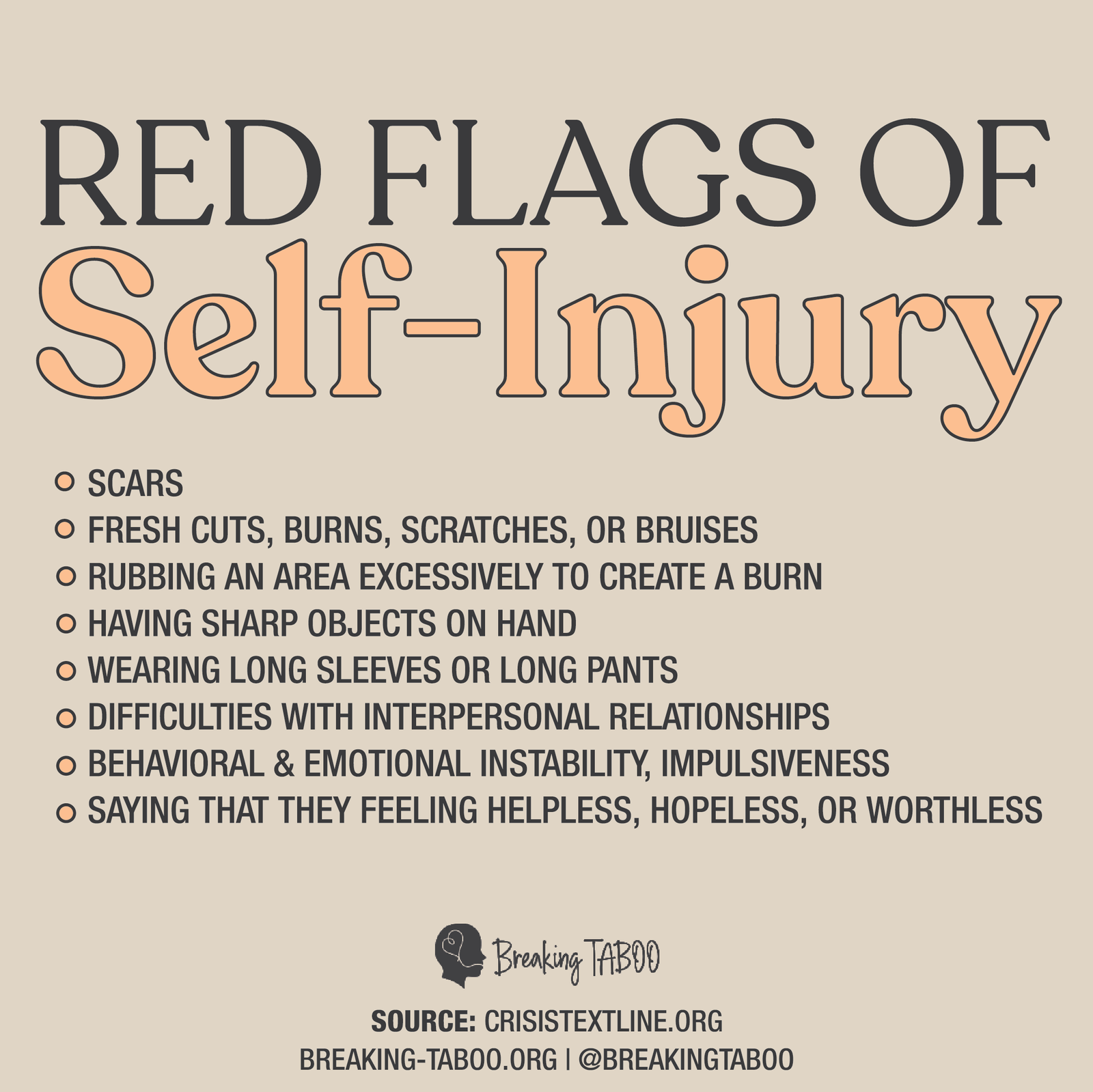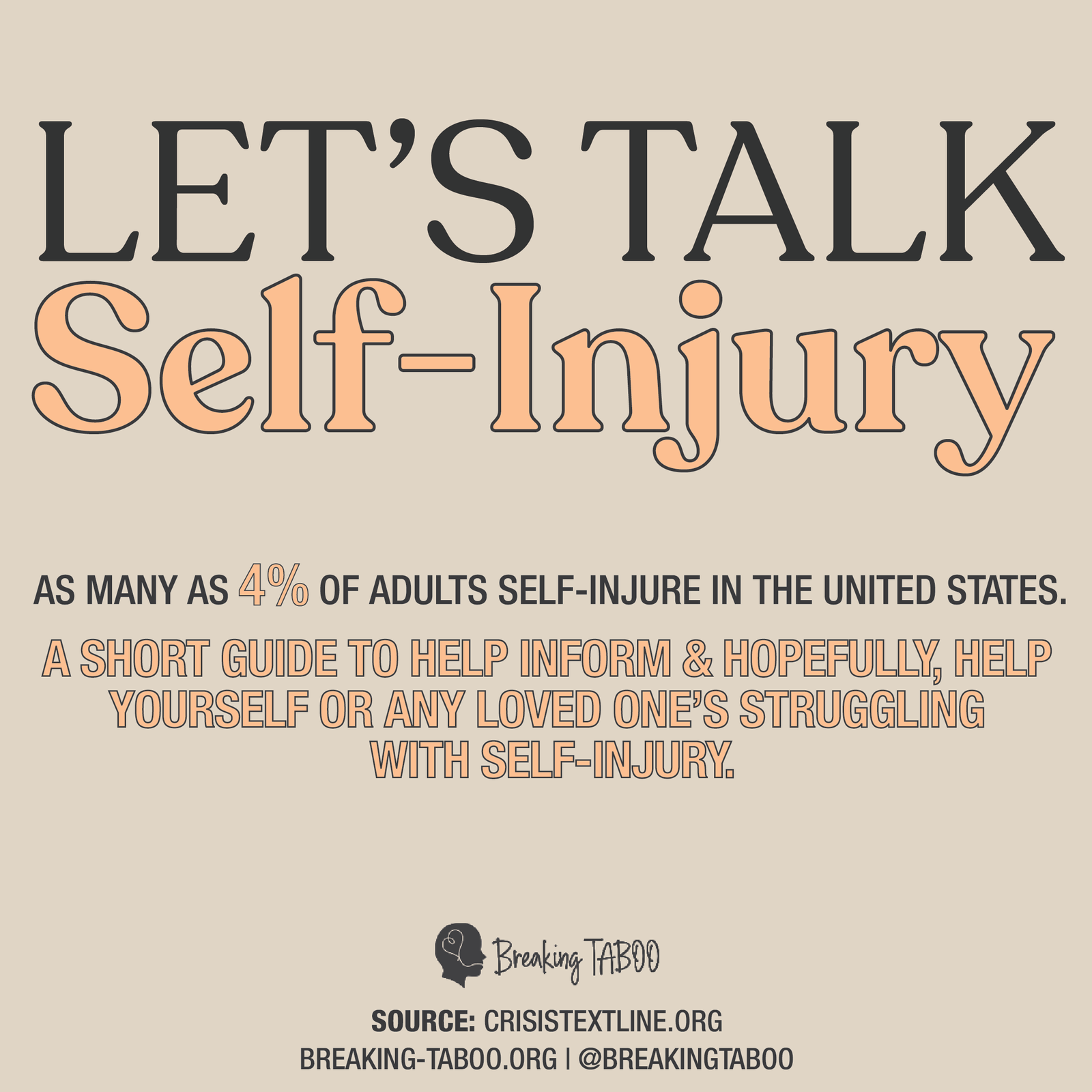When you look up the words self love on google, you find almost three billion results. Three billion results telling you to go for a run or meditate every day, learn to love your body, or enjoy every day like it’s your last. And, while that’s all great advice, what does it mean?
Self love is a practice that’s different for everybody. It means listening to yourself and what you need. It means caring enough about yourself to respect your limits. It means forgiving yourself for that mistake that still keeps you up at 2 AM. But most of all, it means having self-compassion.
Self-compassion and self love often go hand in hand. People say that when you learn to love yourself, you’ll grow into a more resilient and secure version of yourself. However research shows that all those positive qualities, like resilience and security, that people associate with self love are actually correlated with self compassion. What we think of as self love is largely just self compassion.
So how do you practice self compassion? Well, the first step is getting to know yourself and your limitations. An important part of accepting yourself is taking the time to learn about you. What do you like and dislike? What makes you uncomfortable? What calms you down after a long day? Here are some practices to start to get to know yourself:
1. MINDFULNESS
There are many ways to practice mindfulness. The most commonly known is meditation. Mindfulness and meditation are about observing yourself, more specifically your thought patterns, in a non-judgemental way. It’s about learning to listen to your thoughts and feelings instead of reacting to situations – learn why you want to react the way you do. It’s about getting space between your emotions and what triggers them. Doing this, can help you learn more about yourself and what soothes you and what triggers you so that you can be more aware of these things in the future.
Meditation can be as long or as short as you’d like. It can be taking ten seconds to take a deep breath or it can be twenty minutes sitting on a mat. Research has shown that meditating a bit each day can reduce anxiety and stress. So try it out! Maybe it works for you and you get some relief from stress. And maybe you spend ten minutes sitting down thinking I look dumb. That’s okay too. It’s okay to try it out and to realize it’s not your thing and let it go. Not everything will work for you and self love is about caring enough to try things and forgiving yourself if you don’t like them.
2. YOGA
Much like mindfulness, yoga is a great way to get in touch with your body and what it needs. Listen to yourself. It teaches discipline and control while also strengthening without raising your cortisol levels, which can sometimes increase anxiety. You can customize your yoga routine to include outcomes that you want, such as self-love or core workout. There are plenty of free yoga tutorials on youtube.
Yoga has also been linked to better sleep, reduced stress, and reduced mental health symptoms. Taking some time for yourself each day to pay attention to how you’re feeling is important, and yoga may be the thing that allows you to do that.
3. WRITING
One of the best ways to get to know yourself is to keep a journal. Record the things that happened: what you like and what you didn’t like. Start noticing and writing about what makes you happy or what makes you upset or uncomfortable. There has been a lot of research done on gratitude journaling, which is writing three things you are grateful for each day for at least 21 days. The research has shown that this can improve school performance and general happiness and outlook on life. Be sure to write in as much detail as you can. Don’t just say I am grateful for my pets or my kids. Why are you grateful for them? What about them makes you happy?
4. EXERCISE
Exercising is a great way to raise your endorphins and burn off some excess anxiety. Exercising has been linked to decreased stress levels. Exercising is all about you. It means something different to everyone. Some people love to run, some like lifting weights. Maybe your form of exercise is just going for a walk or a swim. That’s okay too! Exercise doesn’t need to be a high intensity, sweat dripping off your face. It can just be getting outside and listening to a soothing podcast or song.
5. THERAPY
It should come as no surprise that one of the best ways to get to know yourself is to get into therapy. Therapy has helped hundreds of thousands of people lead a more balanced, enriched life. Therapy can help you discover what’s holding you back from achieving your goals or explain why you feel a certain way towards someone or something. Talking to a therapist is a great way to get to know yourself and get some insight on your behavior. Realizing why we act the way we act is an important step in loving yourself.
Too often, I hear a friend tell me that they “tried” therapy and it wasn’t for them. What they mean is they saw a therapist, and they didn’t like that person. Therapists are people, and, sometimes their style isn’t going to work for you. That’s okay! Finding the right therapist is like dating. You have to try out a couple before you find the person that speaks to you. Don’t give up!
6. AFFIRMATIONS
Positive affirmations is a new trend in psychology that has recently been circulating. This involves writing or saying positive affirmations to yourself daily. These affirmations can be things, such as “I am beautiful” or “I am worthy”. The idea is that repeating these positive things about yourself will rewire your brain to feel more secure. By showing up for yourself every day, you are telling your brain “I am here for you”.
7. BE KIND
Be kind to yourself. Next time you fail at something (and you will everyone does I do all the time) be gentle with yourself. Instead of berating yourself for not doing well, praise yourself for trying and acknowledge that next time you will learn from what you did wrong. You deserve kindness.
Studies show that loving yourself and having self-compassion leads to healthier relationships with others, increased empathy, and increased happiness and life satisfaction. Once you love yourself, you are more capable of treating others with that same love and compassion that you have for yourself. You stop expecting things from other people because you are able to meet your own needs. You stop looking at failure as a roadblock and start looking at it as a growing opportunity. People who are compassionate and love themselves have an increased resilience and decreased mental health issues. They are more capable of handling hard times because they know that they can. They trust themselves.
But it’s a hard process. It involves a lot of trial and error to find out what works for you. The things I have listed above are just a few of the things you can try. Loving yourself is hard and often not pretty. It involves showing up for yourself even when you would so much rather be sleeping or watching Netflix. It’s hard to be there for yourself during the tough times, but it’s worth it. You’re worth it.
~ Katia Mignocchi |
Sources:
- MacBeth A, Gumley A. Exploring compassion: a meta-analysis of the association between self-compassion and psychopathology. Clin Psychol Rev. 2012 Aug;32(6):545-52. doi: 10.1016/j.cpr.2012.06.003. Epub 2012 Jun 23. PMID: 22796446.
- Quinn A Conklin, Alexandra D Crosswell, Clifford D Saron, Elissa S Epel, Meditation, stress processes, and telomere biology, Current Opinion in Psychology, Volume 28, 2019, Pages 92-101, ISSN 2352-250X, https://doi.org/10.1016/j.copsyc.2018.11.009.
- Tiffany Field, Yoga research review, Complementary Therapies in Clinical Practice, Volume 24, 2016, Pages 145-161, ISSN 1744-3881, https://doi.org/10.1016/j.ctcp.2016.06.005.
- Kathleen Mikkelsen, Lily Stojanovska, Momir Polenakovic, Marijan Bosevski, Vasso Apostolopoulos, Exercise and mental health, Maturitas, Volume 106, 2017, Pages 48-56, ISSN 0378-5122, https://doi.org/10.1016/j.maturitas.2017.09.003.



